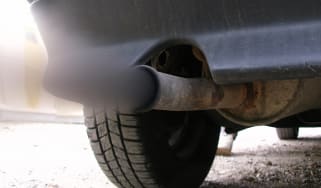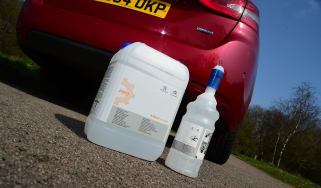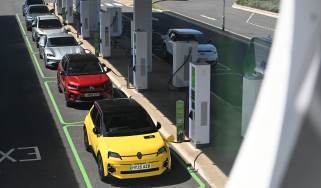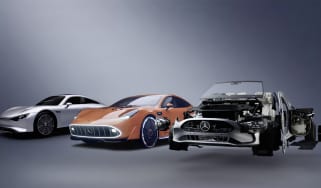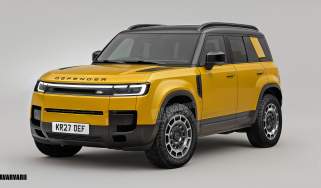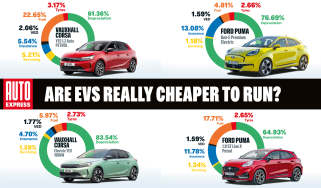New EV battery passport reveals environmental impact of electric cars
Battery passports will become a legal requirement on all EVs in 2027, providing a breakdown of what impact manufacturing the car has had on the environment
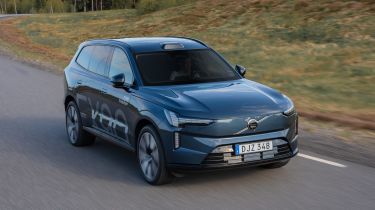
The Volvo EX90 is set to become the first electric car to get a ‘battery passport’, which will give buyers an insight into what impact manufacturing the car’s battery has had on the environment, what precious materials were used and what the car is like in terms of end-of-life recyclability.
Battery passports will become mandatory for any electric car sold in the EU from 2027. While the UK is no longer part of the Union, they will also be a feature on cars here, too.
Using battery passports, owners will be able to track all of the materials used throughout the manufacturing process from mine to assembly plant, whilst also getting a read of a car’s carbon footprint and seeing how much of the battery pack can be recycled.
The battery passport concept is linked to the EU’s vision of a ‘circular economy’, in which all materials utilised in manufacturing consumer products are eventually recycled towards the end of their lifecycle. It says information should be “quickly accessible by scanning a data carrier, such as a QR code”. The EU has already set specific targets in terms of recycling batteries, usage of recycled materials in batteries and a maximum battery carbon footprint threshold. All proposed to come into law over the next decade.
To create the first battery passport, Volvo teamed up with UK tech startup, Circulor. According to Ciculor’s CEO, Douglas Johnson-Poensgen, the passport will also provide up-to-date information on the battery’s health and capacity for up to 15 years – just like the battery health status you can view on your smartphone – and will cost Volvo the equivalent of around $10 per car.
A Volvo spokesperson told Auto Express that “with the battery passport [we] aim to help address a common concern among consumers around the sourcing of the raw material inside EV batteries. In turn, this added transparency could help boost the global adoption of electric vehicles.” The Swedish maker has also confirmed that battery passports, while originating in the EX90, will eventually be rolled out across the rest of the Volvo line-up.
The Volvo EX90 was revealed all the way back in November 2022 and has only now just gone into production at the firm’s plant in Charleston, South Carolina. A spiritual successor to the still-on-sale Volvo XC90 flagship, the EX90 is said to boast several sustainability features beside its battery passport, such its leather-free interior, recycled trim and bi-directional charging capabilities.
Cutting out your emissions? These are the longest range electric cars on sale...


